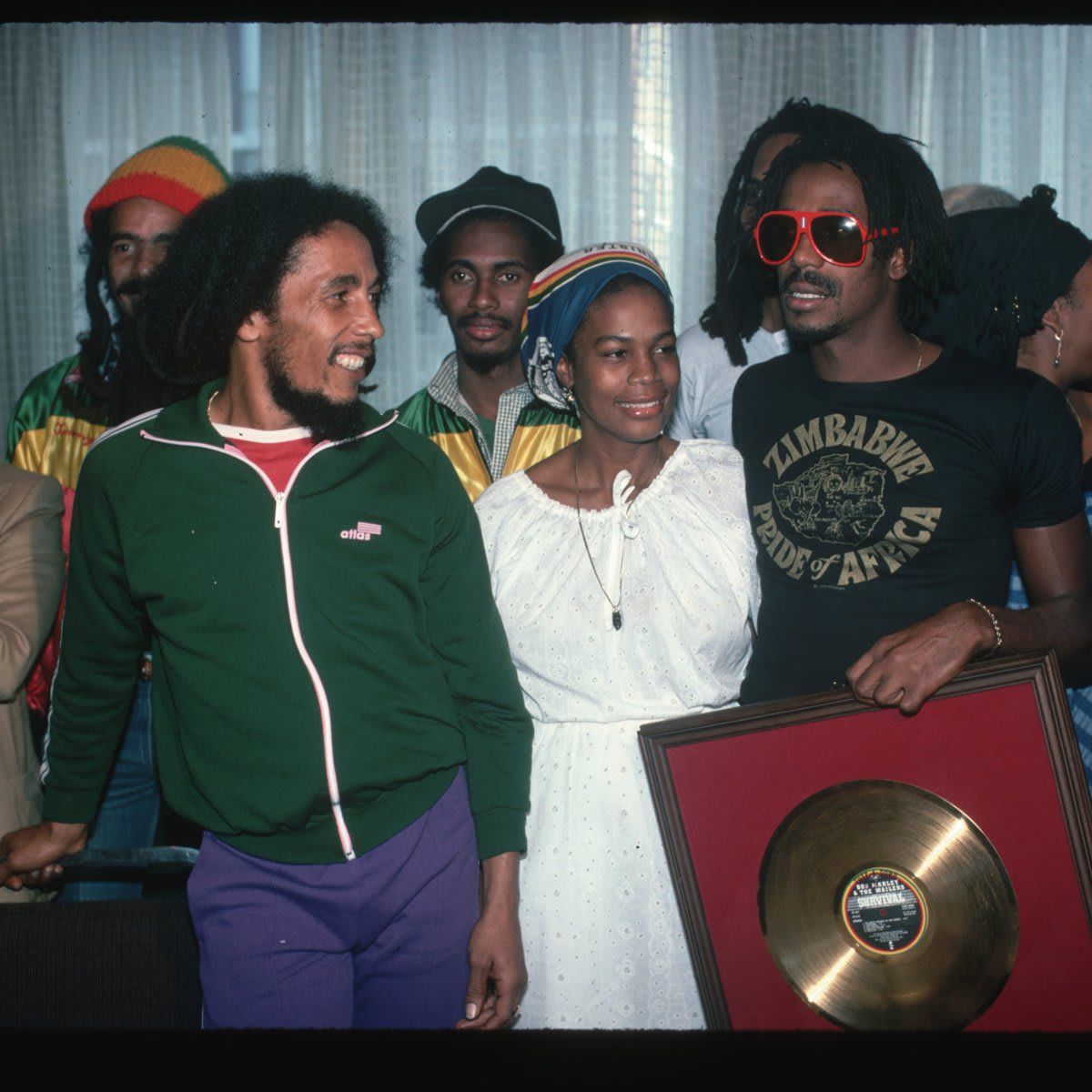Legendary reggae singer Bob Marley left this world on 11 May 1981, after losing the battle to cancer at the age of 36. Today, 40 years after his passing, he is still remembered as one of the most celebrated and influential reggae artists of all times.
Born as Robert Nesta Marley on February 6, 1945, in Nine Mile, Saint Ann Parish, Colony of Jamaica, Marley began his professional musical career at 18 after forming Bob Marley and the Wailers, a Jamaican reggae band. After releasing the worldwide known single “One Love/People Get Ready,” the group became papular, turning them into ambassadors of the music genre.
Following the disbandment of the Wailers in 1974, Marley released his first solo studio album Natty Dread, consolidating his career. After making a name in his home country, on December 3, 1976, Bob was shot in the chest and arm in an attempted assassination. At the time of the attempt, Marley was accompanied by his wife, Rita, which received a shot in the head. Also, the musician’s manager, Don Taylor, was shot in the legs and torso, as well as his employee, Louis Griffiths. Luckily there were no casualties.
The scare motivated Marley to move to London, where he went back to the recording studio and work on his 1977 album Exodus. The same year, another tragedy started creeping on Marley.
In July, doctors found a type of malignant melanoma under a nail of his toe, a symptom of already-existing cancer, and advice him to have his toe amputated. However, the singer denied the procedure citing religious beliefs.
By 1980, after continuing his career and touring around the world, Marley‘s health declined as his cancer had spread throughout his body. After years of failing to treat his advancing cancer, Marley decided to fly back to Jamaica, but he had to be taken into the Cedars of Lebanon Hospital (now University of Miami Hospital), where he died after his melanoma spread to his lungs and brain.
The Rastafari icon is considered one of the pioneers of reggae. For his contributions to music, the island presented him with the Order of Merit, the fourth-highest honor awarded by the nation of Jamaica.
,type=downsize)






